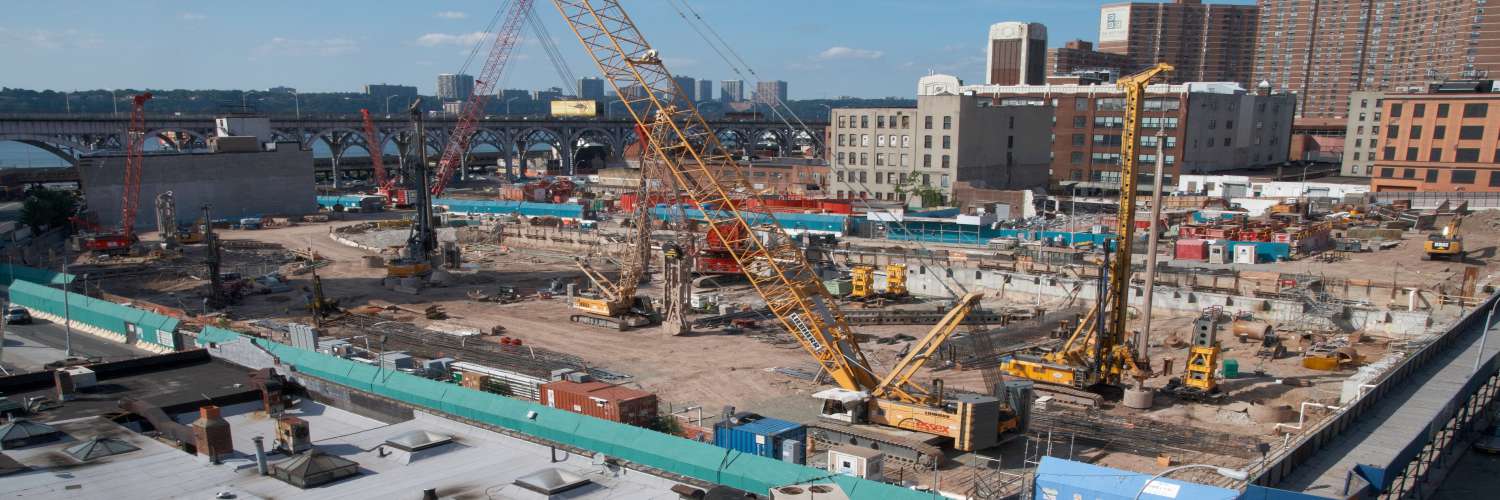What are Engineering, Procurement & Construction contract (EPC)?
The most popular type of contract in the contract management module is Engineering, Procurement & Construction contracts (EPC). This type of contract typically is drawn between the two – the Government (client) and the private sector developer (contractor). Wherein, the entire project is funded by the government. The most common industries using EPC mode of contracting are Infrastructure, Construction, Thermal Power, Mining etc.
What is the liability of the contractor under EPC Contracts?
Under EPC contracts the contractor/developer is entirely responsible for building the project. The task includes preparing and implementing the designs, installation, and procurement of necessary labour as and when required. In this mode, the contractors have to construct the entire infrastructure either by themselves or by subcontracting (if permitted), as and when required. The timeline is predetermined and is fixed. In the event a project is prolonged, it may incur penalties as entailed in the penalty clause of the contract. It must be mentioned that under this model, the government is responsible to obtain all clearances, acquisition of land and complete all regulatory norms.
What are the main features of the Engineering, Procurement & Construction contract (EPC)?
1. The contractor is a single point of responsibility
Despite the fact, the contractor subcontracts the parts of the work, all the communications pertaining to the project still work as contracted. The transactions shall be the sole responsibility of the contractor. Which is to say that the contractor is the single point of responsibility for communicating on behalf of the sub-contractors. It is deemed that before signing of the contract the contractor has analyzed all the risks and eventualities which may affect the work related to the project.
2. Progress as per milestones:
The work of the contractors is monitored on the basis of achieving a milestone in the project. Generally, the EPC contracts are considered an end to end contracts. Wherein, the project work is bifurcated into stages which are linked to a milestone. Achieving a milestone by a contractor is also considered important for the release of payments, bills for which are raised by him. Pertaining to completion of work of the particular stage as segregated in the EPC contract the contractor qualifies for raising a bill as per the contract.
3. Time limit:
Time is the essence of the contract in the EPC model. The strict adherence to the set time limit of all activities in the overall contract has to be made, for which the contractor is responsible. Although the project is funded by the government, it is a responsibility of the contractor to achieve the milestone stage, to raise a bill to the client, and to ensure timely payments. Failure on the part of the contractor to complete the work within a prescribed time limit may entail penalty in form of deductions which may result in huge losses to the contractor.
4. Specific and fixed payment terms:
The payments to the contractor are fixed as per the payment term entailed in the EPC contract.
These payments are made on the basis of the timely performance of the contract wherein the contractor achieves the milestone in a proper manner. These payments are released subject to the perfect execution of work by the contractor.
5. High degree of risk:
The risk of all the project contingencies is solely on the contractor as already discussed. Also, as the contractor is the single point responsibility for all activities pertaining to the project, there is a mega risk of loss incurred by the contractor if anything goes wrong.
6. Control:
Although the project is controlled by the contractor for being the single point of responsibility, this cannot be termed as absolute control. Some of the activities are required to be completed by the client who is the owner of the project. The cases where the project involves public utilities, require clearances to be taken by the client.
7. No cost variation:
All the EPC contract do not suffer from the price variation as the price is fixed between the contractor and the client beforehand. The market variation does not affect or impact the project cost. The contractor has to diligently negotiate while fixing the project price as offered by the client. It must be noted that once committed in the contract, despite the market variation, the contract price shall not be changed. Unless it has been specifically mentioned in the contract.
8. The limited risk for the client:
Under EPC contract, the contractor is at a higher risk as the performance bank guarantee is furnished by him to the client. In case the contractor fails to perform the contract as per the agreed terms, the client’s risk is optimized to a maximum. EPC contracts are specific in terms of the scope of work and the roles and responsibilities of both the parties. However, the contractor’s roles and responsibilities are linked to the financial terms. In the event of non- performance, the client shall en-cash the bank guarantee to recover the loss.
An Indispensable part of contract management
In the light of the above discussion one can access the liabilities and risks an EPC Contractor is exposed to. Therefore, an efficient contract management is a basic requirement for any contractor that takes up EPC projects in Public Sector. It is important to have the top EPC Contract lawyers and the expert teams of lawyers who have the skill and efficiency to conduct the task diligently to help smooth sailing.









